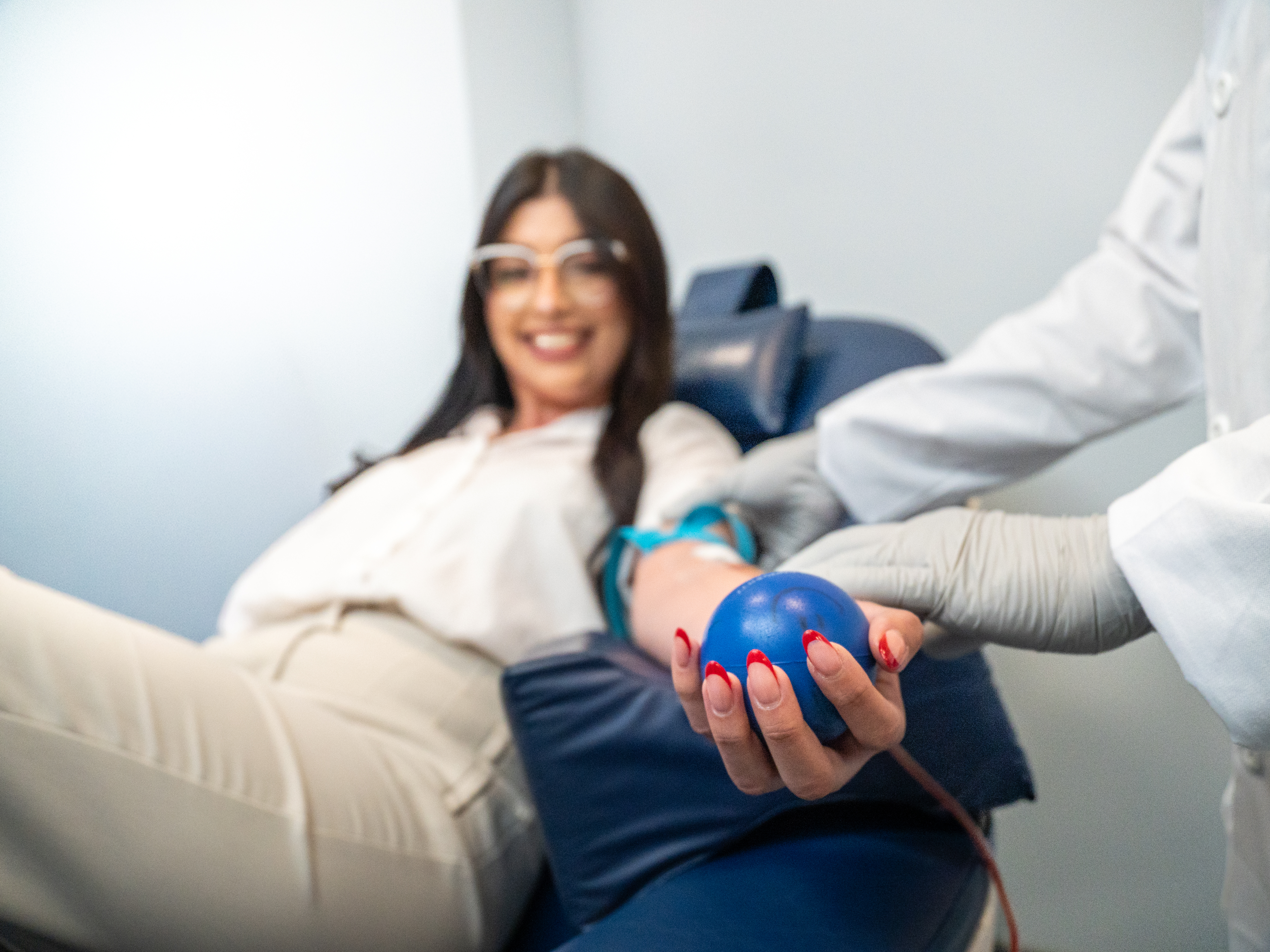Blood donation is regulated by our national health system, which states that blood donation is voluntary and not commercialized.
Donation is safe, so health institutions must perform several tests to ensure that the hemocomponents (different parts of the blood that are separated after a donation to specifically help those who need it most) are free of infectious diseases.









